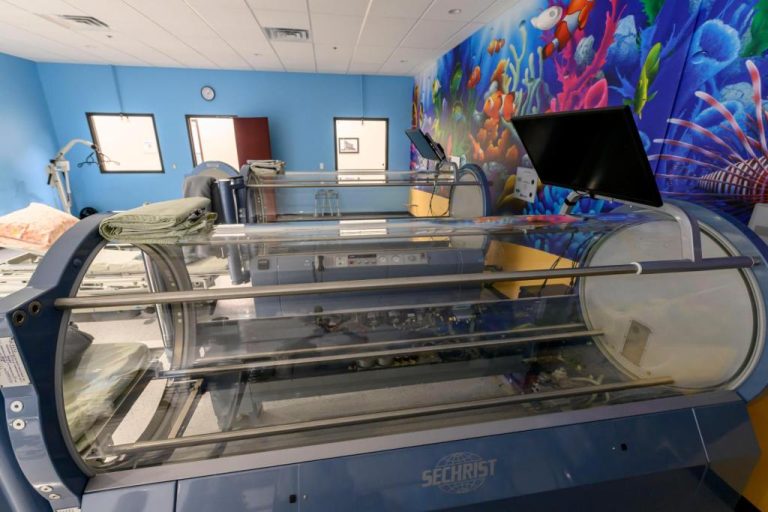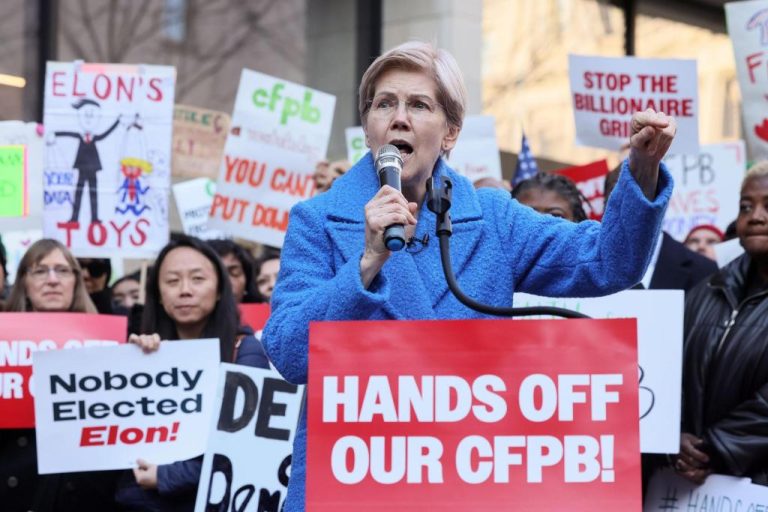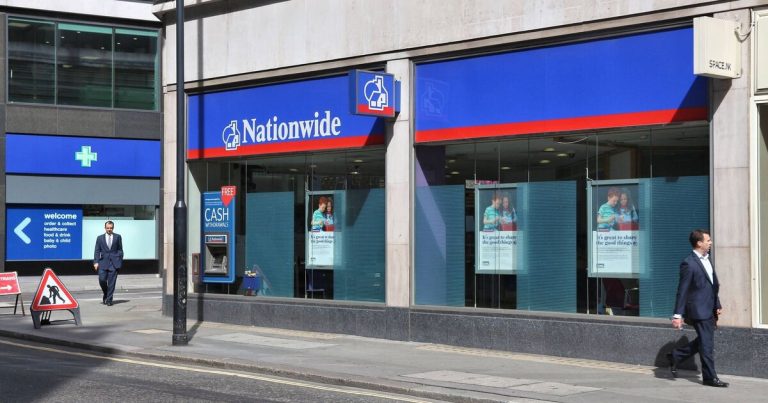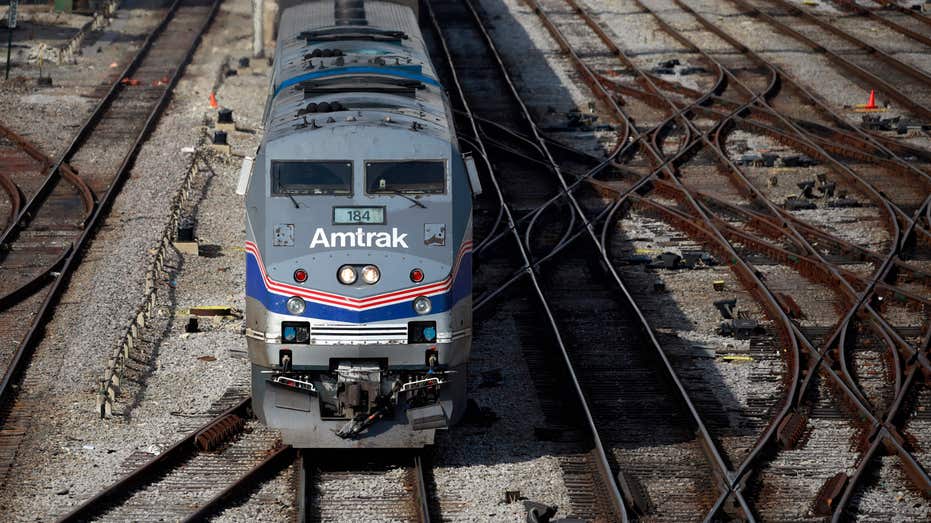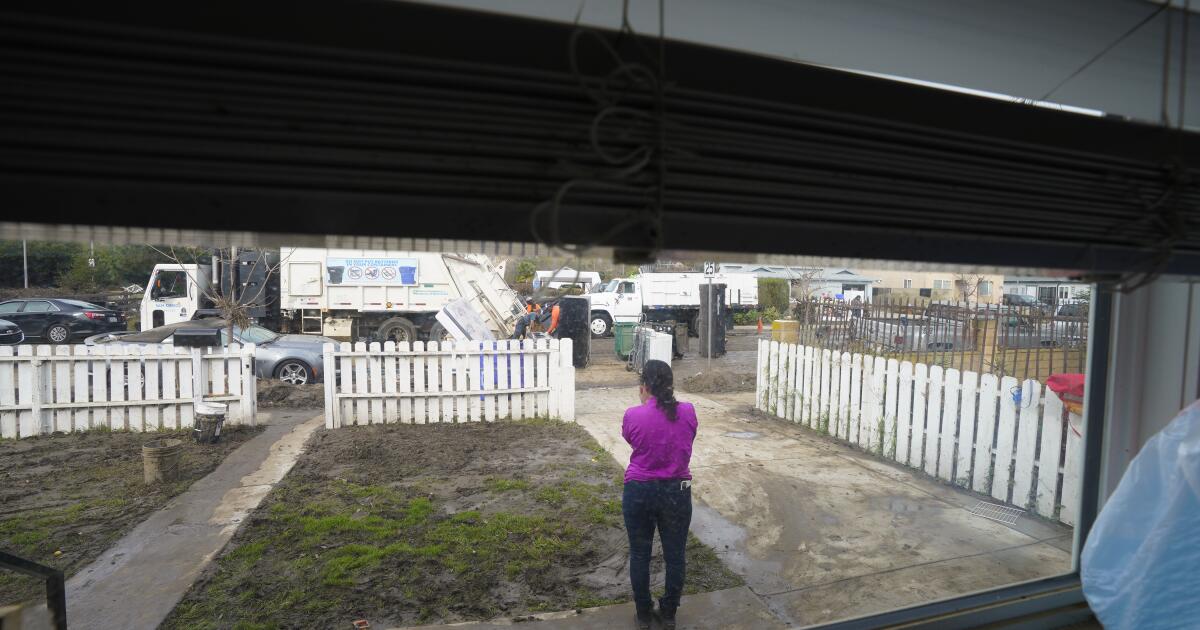

Last month’s flooding has prompted San Diego City Council members to demand more money for clearing storm drains and flood channels, despite the large projected budget deficits the city faces.
Council members said Wednesday that Mayor Todd Gloria must find money in the new city budget for aggressive action to clear, maintain and upgrade stormwater channels near underserved communities.
“These floods were the result of storm channels located in underserved areas either not being maintained at the level that they should have or not being adequately upgraded over the years,” Councilmember Vivian Moreno said. “The city must adjust, and we need to start now.”
Council President Sean Elo-Rivera said that enhanced spending on flood prevention must come despite a recent increase — from $115 million to $166 million — in the projected deficit for the fiscal year that begins July 1.
That larger projected deficit is based on a city report unveiled this week that shows sales tax and hotel tax are sharply lower than expected and that expenses are higher than expected, primarily because of employee overtime.
Elo-Rivera said the deficit is not an adequate reason to delay decisive action, stressing that the victims of the Jan. 22 flood were mostly low-income people in southern neighborhoods who can’t afford to live anywhere else.
“I hope we do everything we can to ensure the impacted communities don’t feel even further left behind,” he said.
Moreno said she also hoped the mayor’s proposed budget, scheduled to be released April 15, includes money to pave many of the dirt roads in the city’s southern neighborhoods.
While complaints about such roads have mostly focused on damage to neighborhood image and problems with dust polluting the air, Moreno stressed that long overdue upgrades would also include installing badly needed storm drains.
“The residents who live on these streets pay taxes just like everybody else in San Diego, but they’re subjected to living on dirt roads, and they are at greater risk of experiencing flood events,” she said. “It’s simply not fair.”
The demands for more flood prevention money were among several requests council members made Wednesday in budget priority memos that will be sent to the mayor.
Another request calls for a heat action plan that would aim to help low-income neighborhoods cope with rising summer temperatures attributed to climate change.
A 2020 study by the Centers for Disease Control and Prevention found that there are typically more deaths from heat each year than from floods, tornadoes and hurricanes combined.
In her budget memo, Councilmember Marni von Wilpert said a heat action plan, which would cost roughly $250,000 to create, would be a key step toward making vulnerable San Diego neighborhoods more climate resilient.
“The Heat Action Plan is an important first step to begin the process of delivering livable communities with ample tree canopy coverage and critical ‘cool zones,’” she said. “Heat waves continue to worsen, with 2023 marking the hottest year ever recorded in the historical record.”
Another new spending request from the council is for more neighborhood shuttles, like the popular Free Ride Everywhere Downtown and the Beach Bug that began running in Pacific Beach last summer.
The rise in the city’s projected deficit for the upcoming fiscal year is based on a new report showing expenses for the ongoing fiscal year are expected to outpace revenue by $51 million more than previously expected. That would nearly wipe out a projected surplus this fiscal year that city officials had hoped to carry into the new fiscal year.
Revenues are projected to be $28 million lower than previously expected. Property tax is projected to be $10 million higher than expected, but sales tax is projected to be $27 million lower and hotel tax $7 million lower.
City finance officials blamed the sales tax drop on a decrease in consumer spending because of inflation. They said the hotel tax drop was because leisure travel was down, also partly because of inflation.
Another reason revenue is down is the city’s shift to a new model for ambulance service that eliminates an annual $9 million contribution from the city’s private provider, Falck USA.
Overall city expenses are now projected to be $13 million more than the city had expected. Officials said that’s primarily because of higher-than-expected overtime and $10 million they are allocating to storm recovery efforts.
City comptroller Rolando Charvel said the new numbers stop at the end of November and don’t include most of the holiday shopping season, which looks promising in some initial data.
“The December numbers for retail were really strong, and we know that consumer confidence has continued to improve,” Charvel said.


